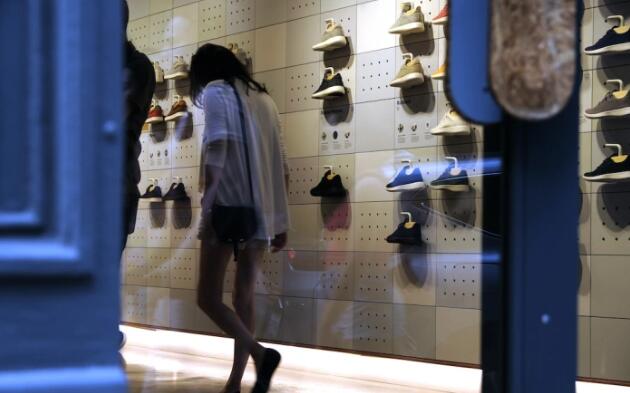Back to the Basics: After a Volatile Year, Allbirds, Adidas and Sperry Refocus on Core Products
It’s back to the basics for some leading footwear brands that have been burned by recent fluctuations in consumer demand.
After a volatile year of inventory surpluses, inflation and shifting trends, Allbirds, Sperry and Adidas are all refocusing on tried-and-true styles and categories, reverting back to their core brand DNAs that helped them initially win over consumers.
This was a key theme this week for Allbirds, which just reported disappointing results for Q4 and the full year. Co-founder and co-CEO Joey Zwillinger said in an interview that Allbirds made a mistake in 2022 by overemphasizing products outside of the company’s more broadly appealing “core DNA” and under-investing in core products that initial won them favor among consumers.
According to William Blair analyst Dylan Carden, the “biggest culprit” of this misguided focus was in Allbirds’ perfomance categories, which he said “drew time, money, and attention away from the core offering” in a Friday note to investors.
Zwillinger acknowledged the misstep and outlined a goal to get back to these key styles. “In essence, over the past couple of years, we shifted our focus away from our core consumer, and we must refocus sharply on this large and attractive group,” Zwillinger said in a call with investors.
The story was similar for the Wolverine Worldwide-owned Sperry brand, which saw revenues decline 28% in the fourth quarter and 10% in fiscal 2022.
“We need to refocus on boat and making boat cool again,” Hoffman said of the brand known for its boat shoes and coastal identity, walking back a recent push to expand Sperry’s appeal beyond its waterside heritage. “And that includes focusing our collabs and marketing around boat with new updated styles that really resonate to the core.”
Hoffman noted that people “love Sperry for its core franchises.” In Q4, the brand failed to understand this until too late and, like Allbirds, chased too much product that was irrelevant to the brand’s core consumer but popular at other brands.
This focus on hero product has been a solid approach for other footwear brands. Crocs, for example, has seen success in its sandal and wedge product lines, but the main focus had always been on its classic clog silhouette, the company’s most profitable product line.
“The company historically had started to diversify away from the Classic Clog, but we thought that was wrong,” Crocs CEO Andrew Rees told FN in an interview in October. “We refocused on the Classic Clog and almost exclusively on molded product, which is our DNA. That’s what we do best. That’s what nobody else does well and that’s where we could win.”
At the Deckers-owned Ugg, customers are also responding to styles that preserve elements of the brand’s core products.
“These extended classics — more iterations of core classics that keep our brand DNA intact — are resonating very, very well with particularly younger consumers, but I would say all consumers and on a global scale,” said Deckers CEO Dave Powers during the brand’s Q3 earnings call in February.
For some footwear brands, core DNA extends beyond a single product or silhouette. At Adidas, a difficult year has led new management to refocus on the company’s core competency of leading with sports, as opposed to pursuing a push in the lifestyle business.
“We should have an even higher sport focus when it gets to what we do, and that includes not focusing only on the big sports but also smaller sports because I think that will make us different than all the other brands,” said Adidas CEO Bjørn Gulden, who joined as chief executive from Puma in January, during a Wednesday call with analysts discussing the company’s 2022 results.
He also noted that Adidas “should keep the DNA of not being a copy of Nike” and “stand on our own feet.”
“I think on the marketing side … we have divested from certain sports teams, federations that we need to get back again to get the visibility, to keep the credibility,” Gulden said.
